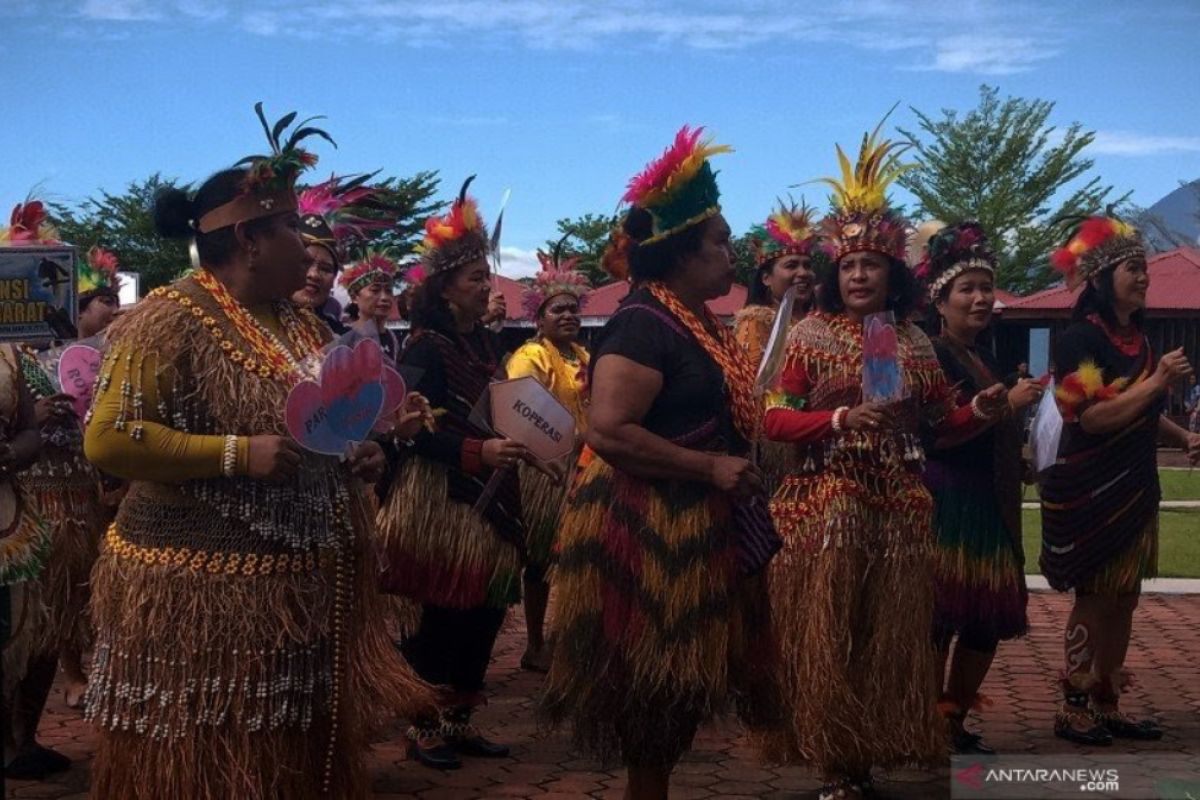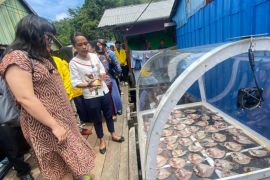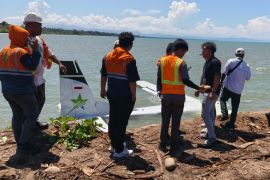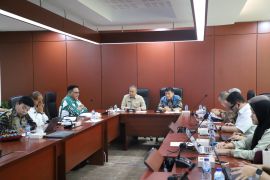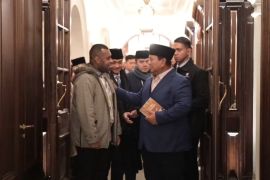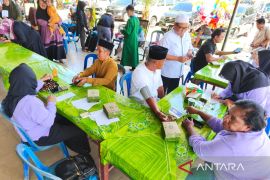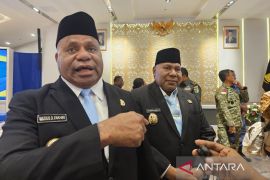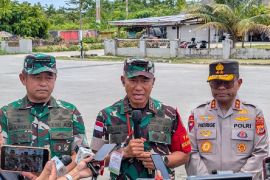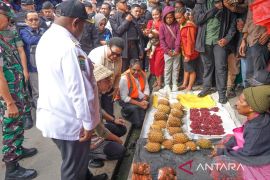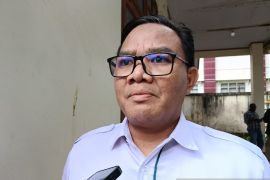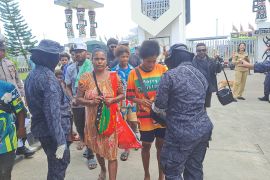Head of UGM's Papua Task Force, Bambang Purwoko, presented the proposal during a hearing session with members of the House of Representatives on Thursday.
The hearing session on the Papua Special Autonomy Law No.21/2001 was held as part of the House's attempts to renew the law, which is scheduled to expire in November this year.
According to a press statement that ANTARA received here on Friday, Bambang Purwoko said that the proposed “reinstrumentation” covers three important points.
The first point is related to the need to widen the special autonomy outreach to the level of district and city administrations, he said.
"This improvement is significant to address the special autonomy issues which remain general in nature," Purwoko argued.
Due to wider outreach, the benefits of the special autonomy programs would be felt by the people at large, including those in villages, he added.
The second point of the UGM proposal is related to the arrangement of special autonomy funds to allow native Papuans to gain access to them, he said.
In this regard, native Papuans can receive special autonomy funds through the so-called "Special Autonomy Fund Card", Purwoko said.
The cards can be used by eligible recipients for meeting the needs for education, healthcare, as well as purchasing basic necessities, and building materials, he informed.
To achieve this, he highlighted the importance of coordinating and synergizing the use of village funds and ministries and government agencies' expenditures to meet the people's basic needs.
The third point is related to the need to make more specific regulations on expansion of provinces, cities, and districts in these Indonesia's easternmost province, he said.
Regional expansion must be seen in the context of development acceleration strategies, improvement of public services, social welfare redistribution, respecting Papuan customs, and elevating native Papuans' dignity, he explained. (INE)
Related news: Some 82 percent Papuans favor special autonomy status: Mahfud
Related news: Second phase of special autonomy to make Papua prosperous: Moeldoko
EDITED BY INE
Translator: L.Hakim, Rahmad Nasution
Editor: Suharto
Copyright © ANTARA 2021
